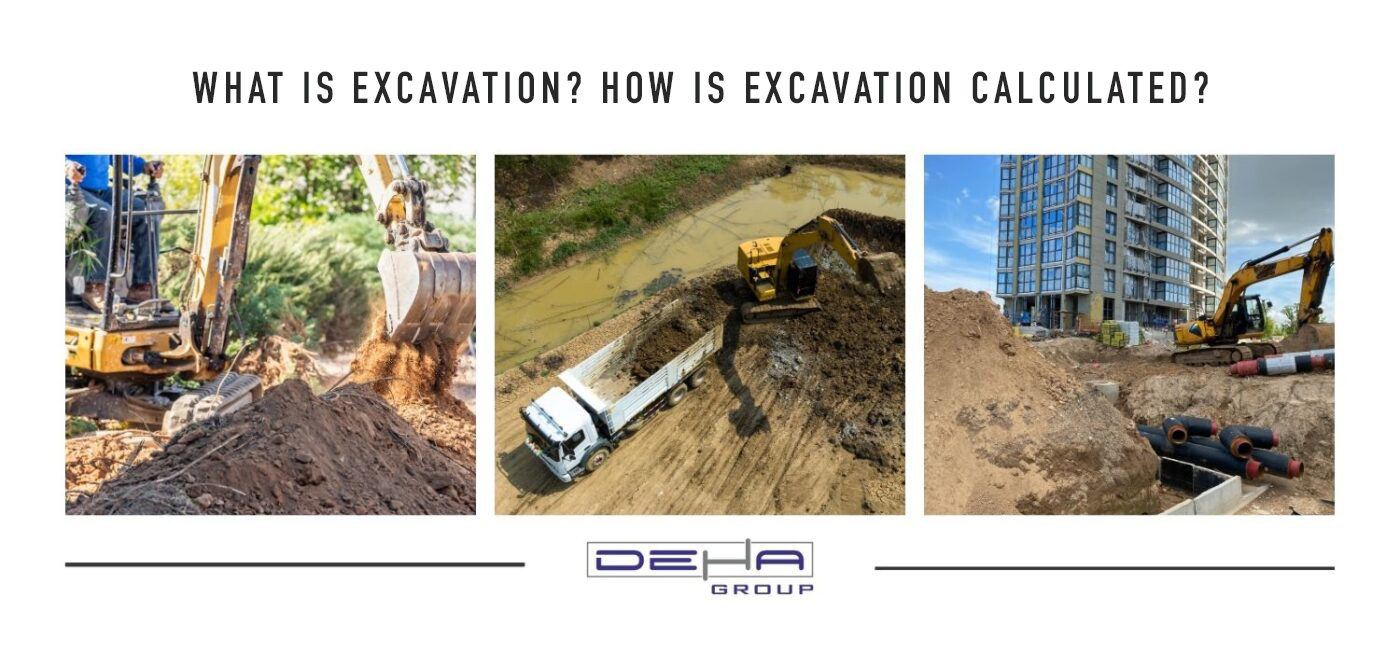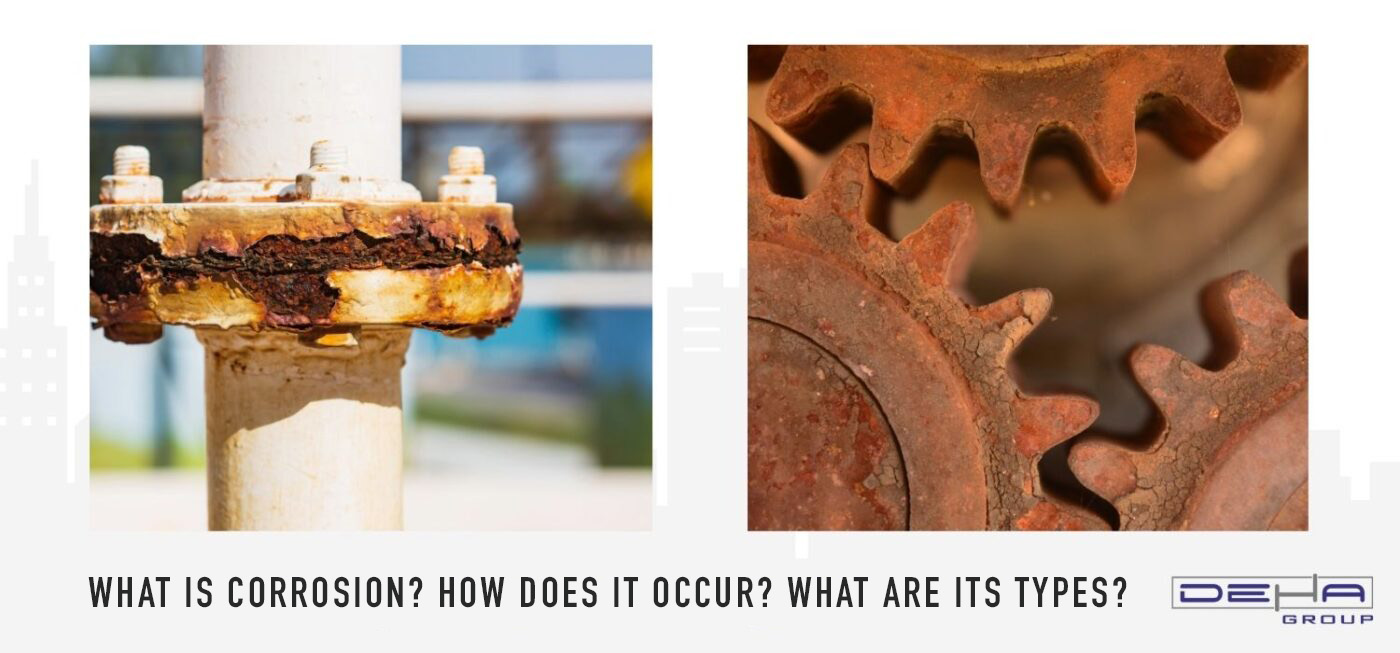
Excavation is a process frequently encountered in construction and infrastructure projects, involving transforming a specific area by digging or leveling it to the desired state. This process is generally the first step in projects like building, road, or bridge construction, ensuring the preparation of the ground. The purpose of excavation is to make the ground suitable to ensure that the construction will sit on a solid foundation. It often involves the removal of soil, rocks, sand, or other surface materials and may include grading or shaping the land according to the project.
Excavation is mostly done with large machinery and equipment. It consists of processes such as digging, grading, filling, and transport and is carried out with different equipment depending on the type of project. Additionally, excavation work plays a significant role in projects like landscaping and environmental arrangements. The correct choice of equipment during the excavation process contributes to speeding up the process and reducing costs.
Excavation is also subject to certain legal regulations to prevent environmental harm. In Turkey, necessary permits and licenses must be obtained for excavation activities, and the work must comply with environmental legislation. In line with applicable environmental regulations, the transportation and disposal of excavation waste must also be carefully planned.

The equipment used in excavation operations varies according to the type of work and ground conditions. Basic equipment includes excavators, loaders, bulldozers, and trucks. Excavators are preferred for digging and removing soil, while bulldozers are used for leveling or shaping the ground. With this equipment, fast and efficient excavation can be carried out over large areas. Additionally, more specialized equipment like cranes can also be used in large projects.
Excavation processes can be examined in three main stages: digging, transportation, and filling operations. The digging stage begins with removing the soil and leveling the ground. Then, the extracted material is transported to designated areas by trucks during the transportation stage or used as fill material. In the final stage, the filling operation is done to bring the construction ground to the desired height and stability. The entire process is carried out based on engineering calculations and is meticulously controlled.
The use of construction machinery ensures that excavation is done quickly and safely, while inappropriate equipment selection or poor process management can negatively affect the project. Therefore, excavation operations conducted by expert teams provide cost savings and are important for environmental and structural safety.
Excavation calculation is a measurement conducted to determine how much material will be excavated, transported, or filled in a project. This calculation is usually made in cubic meters (m³) and starts with area measurements to determine the volume of the soil. First, surface measurements of the area to be excavated are taken, and using these measurements along with the starting and ending levels of the project, the volume that needs to be excavated is calculated.
In excavation calculations, a land slicing method called “cross-section” is used. When the land is to be excavated up to a certain height, horizontal and vertical cross-sections are taken on the land. With the help of these cross-sections, the average depth and width of the area to be excavated are calculated. Using the obtained data, volume calculations are made, and the required amount of excavation is clarified. Thanks to these calculations, factors such as labor, machinery use, and cost are also planned.
During the excavation process, factors such as the hardness of the ground and the distance to be transported are also included in the calculations. Excavating hard terrains like rock requires more labor and equipment. Such situations can impact excavation costs, so it is important to conduct a detailed excavation calculation before the project begins.
There are many details to consider during excavation calculation. Firstly, factors such as soil type and excavation depth directly affect the amount of excavation. While excavation is easier and faster in soft soils, rocky or hard soils may require special equipment and this can extend the excavation time. Therefore, obtaining detailed information about soil analyses and soil structure is crucial for accurate calculations.
Environmental factors of the area to be excavated also affect excavation calculations. For example, if there are residential areas or structures nearby, excavation and transportation operations need to be carefully planned. Elements such as controlling noise, dust, and excavation waste are important for environmental safety, and compliance with environmental regulations is mandatory. Thus, considering environmental factors is important both for safety and for legal compliance.
To prevent potential cost increases during the excavation process, detailed planning should be carried out. It is necessary for a professional team to manage the optimization of expenses such as labor, machinery usage, and fuel consumption and to ensure the process is completed on time. Conducting such calculations comprehensively helps reduce costs and ensures the project is completed within the planned timeframe.

 TR
TR






